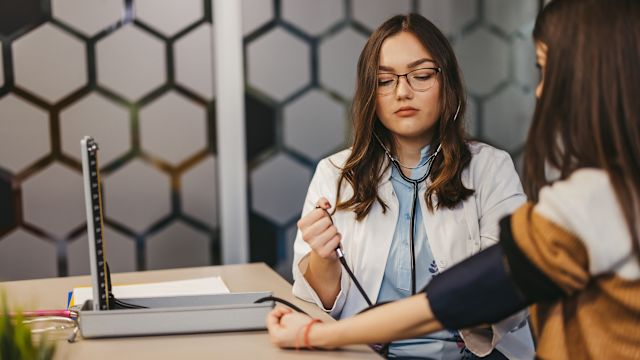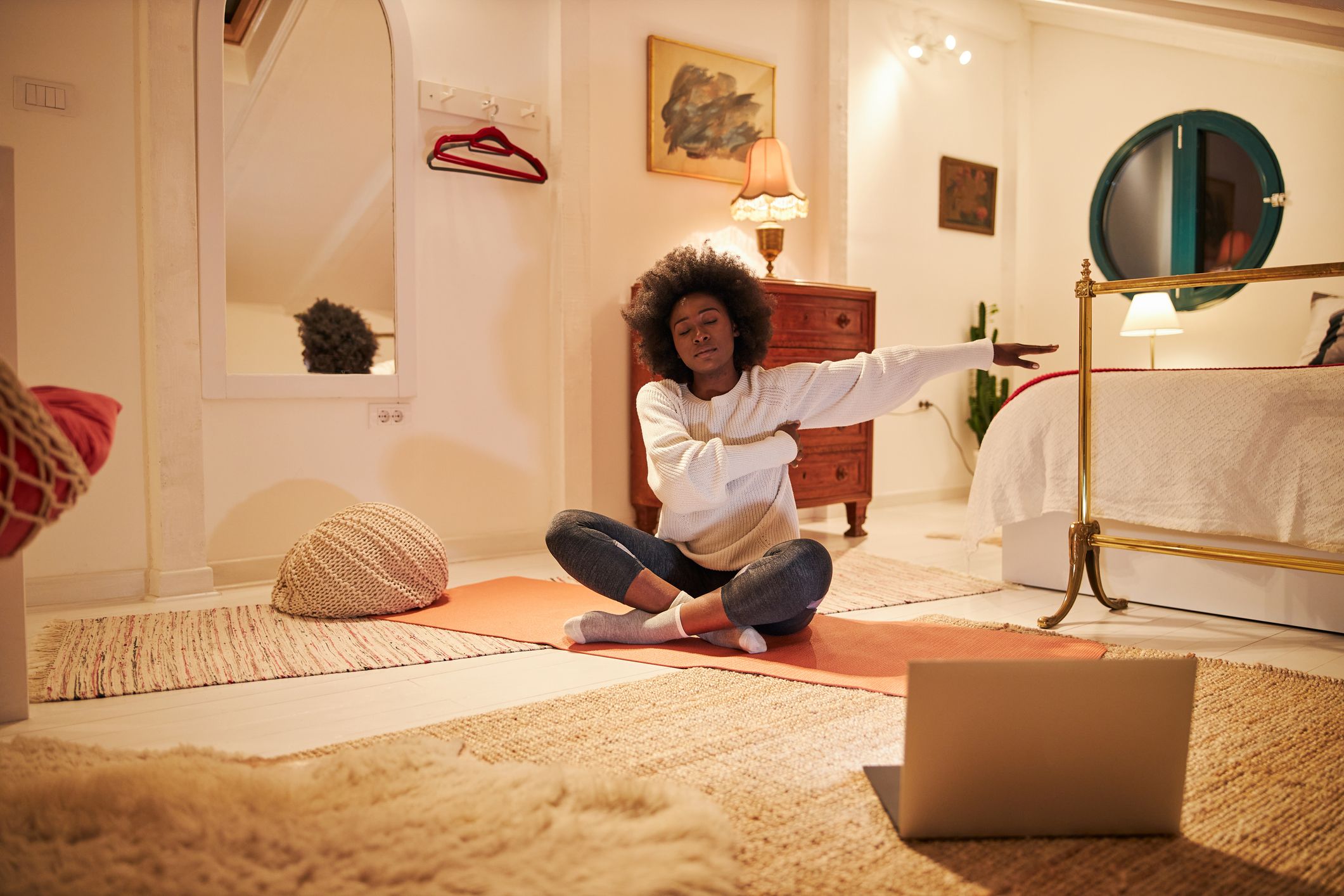Idiopathic hypersomnia (IH) is a rare sleep disorder that affects approximately 1 or 2 people out of every 10,000, according to the Sleep Health Foundation.
The condition can be difficult to diagnose not just because of its rarity, but because the primary symptom—excessive daytime sleepiness—can also be caused by many other conditions, such as obstructive sleep apnea, circadian rhythm disorder, anxiety or depression, or narcolepsy (just to name a few). Therefore, healthcare providers often use a process of elimination to rule out other possible causes.
Providers who treat sleep disorders
Your primary care provider (PCP) may be the first healthcare professional you see when you are experiencing excessive daytime sleepiness. They will look at your medical history and perform a physical exam. This can help identify what is causing symptoms. For example, certain medications or combination of medications can cause daytime sleepiness.
Your PCP may also check for other conditions, such as anemia, hypothyroidism, or heart issues. If you are experiencing symptoms of anxiety or depression, your PCP may refer you to a mental health practitioner.
If no other likely causes can be identified, your PCP may refer you to a sleep specialist, a healthcare provider who specializes in sleep disorders like IH. A sleep specialist can order a number of tests that are useful in diagnosing sleep disorders—and distinguishing one sleep disorder from another. One of these tests is called a sleep study.
What is a sleep study?
A sleep study is also known as a polysomnography. You’ll go to a special sleep lab to sleep there overnight. This lab may be located in a hospital or sleep center. This lab includes machines that monitor brain activity during sleep, which provides information about your sleep stages. Eye movements, blood oxygen levels, heart rate, breathing, body movements, and snoring are other things that will be monitored.
What other tests are used?
Immediately after your sleep study, you'll probably have a multiple sleep latency test (MLST) to diagnose daytime sleepiness. An MLST is also done in a sleep lab by a sleep technologist, but the test is given during the day. It often involves five scheduled naps, separated by two-hour windows. It measures how quickly you fall asleep and how fast you enter the rapid eye movement (REM) stage of sleep during the day.
Other methods and tests may include:
- A questionnaire called the Epworth sleepiness scale, which asks you questions about your level and frequency of daytime sleepiness.
- A sleep diary, where you write down when you go to sleep, when you wake up, and how you feel each day.
- A wearable sensor called an actigraph, which is worn on the wrist, measures movement, and is useful in assessing sleep disorders.
There are many different types of sleep disorders, but there are also many health professionals that can help. If you are experiencing excessive daytime sleepiness or other symptoms associated with a sleep disorder, make an appointment with a healthcare provider. The first step to getting the right treatment is getting the right diagnosis.
Medically reviewed in December 2021.






